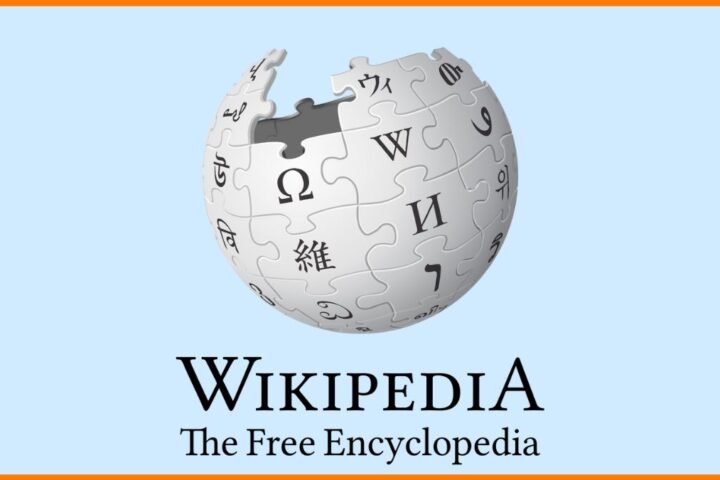On July 15, the Council of the European Union imposed new restrictive measures against seven individuals and three entities involved in efforts to destabilize the Republic of Moldova. These sanctions, aimed at safeguarding the country’s sovereignty, democracy and rule of law, bring the total number of sanctioned actors linked to Moldovan destabilization to 23 individuals and 5 organizations, according to the official EU statement.
The same day, the EU sent a formal letter to the Georgian government demanding the restoration of judicial independence and a review of politically charged sentences against opposition figures. Brussels warned that unless democratic standards are reinstated by August 31, the bloc may suspend Georgia’s visa-free travel arrangement due to what it called a “serious regression” in democratic governance, as reported by Radio Svoboda.
Crackdown on Moldova’s pro-Russian political infrastructure
The new EU sanctions target key allies of fugitive Moldovan oligarch Ilan Shor, already under EU sanctions for his role in illegal political financing and inciting unrest. The individuals and groups added to the list include leaders and affiliates of successor organizations to the banned ȘOR Party. Several of them were directly involved in voter bribery schemes during the 2024 presidential election and constitutional referendum on EU accession.
Among the entities sanctioned is A7, a company with extensive ties to Russia, believed to have played a role in meddling in Moldova’s presidential elections. Also blacklisted is the “Victory” political bloc, created by Shor and known for spreading disinformation and engaging in illicit campaign financing. The EU also designated the “Moldova” Cultural-Educational Cooperation Center in Moscow, allegedly used to coordinate voter transportation efforts in the 2024 Moldovan elections.
Georgia warned over democratic erosion
In a rare and stern message, the EU urged Georgia to address what it sees as the systematic erosion of democratic institutions under the ruling Georgian Dream party. The European Commission has made it clear that failure to reverse recent judicial decisions against opposition figures could trigger the suspension of visa-free travel for Georgian citizens — a major blow to the country’s European aspirations.
This move marks an escalation in EU pressure on Tbilisi after months of democratic backsliding and geopolitical realignment. Once grouped together with Ukraine and Moldova in the EU accession process, Georgia was recently excluded from this trio due to its faltering democratic trajectory and growing alignment with authoritarian states like Russia and China.
Brussels eyes hybrid threats in its eastern neighborhood
The dual action against Moldova and Georgia signals a broader shift in EU strategy as it confronts not only Russia’s war in Ukraine but also its expanding hybrid operations across former Soviet republics. Moldova and Georgia — both of which have expressed a clear intention to integrate with the EU — have become key battlegrounds in this geopolitical contest.
EU leaders appear increasingly convinced that passive observation is no longer sufficient. In Moldova, the stakes are high ahead of the September 28 parliamentary elections, seen as crucial for the country’s EU path. Moldova remains in the same negotiation package with Ukraine; a shift in its orientation could stall Kyiv’s own accession trajectory.
At the same time, any rollback of democratic governance in Georgia could embolden authoritarian influence in the region. Internal EU discussions on possible sanctions against Georgia’s current leadership have gained traction, although governments in Hungary and Slovakia — both seen as sympathetic to Moscow — continue to block such measures.
Hungary’s Prime Minister Viktor Orbán has reportedly resisted opening the first negotiation clusters with Moldova and Ukraine, leveraging Budapest’s energy deals and economic incentives from Russia. Should Moldova’s pro-European leadership lose power, Brussels fears that both Chisinau and Kyiv could be forced to retreat from their EU aspirations — a potential victory for Moscow in its broader campaign to fracture Europe’s eastern flank.
Strategic implications beyond borders
The EU’s response to Moldova and Georgia goes beyond isolated foreign policy adjustments. It reflects a growing recognition in Brussels that the stability of Eastern Europe is inseparable from the integrity of the EU itself. A return of Moldova or Georgia to Moscow’s orbit would not merely stall enlargement — it would represent a broader defeat for Western democracies in the ongoing global contest with authoritarian powers including Russia, China, North Korea, and Iran.
This intensifying confrontation highlights the stakes of the EU’s enlargement policy and the necessity of proactive engagement in regions vulnerable to foreign interference. The message from Brussels is clear: democratic setbacks will no longer be tolerated quietly — and support for reformist governments will be matched with tangible actions.










